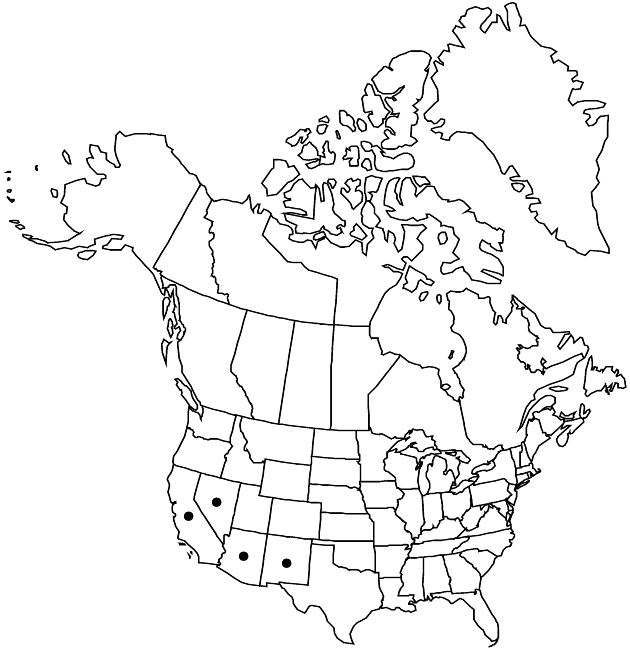Difference between revisions of "Ericameria cuneata"
Erythea 2: 124. 1894.
imported>Volume Importer |
RevisionBot (talk | contribs) m (Bot: Adding category Revised Since Print) |
||
| (2 intermediate revisions by 2 users not shown) | |||
| Line 76: | Line 76: | ||
|publication year=1894 | |publication year=1894 | ||
|special status=Illustrated | |special status=Illustrated | ||
| − | |source xml=https:// | + | |source xml=https://bitbucket.org/aafc-mbb/fna-data-curation/src/2e0870ddd59836b60bcf96646a41e87ea5a5943a/coarse_grained_fna_xml/V19-20-21/V20_86.xml |
|tribe=Asteraceae tribe Astereae | |tribe=Asteraceae tribe Astereae | ||
|genus=Ericameria | |genus=Ericameria | ||
| Line 82: | Line 82: | ||
}}<!-- | }}<!-- | ||
| − | -->[[Category:Treatment]][[Category:Ericameria]] | + | --> |
| + | |||
| + | [[Category:Treatment]] | ||
| + | [[Category:Ericameria]] | ||
| + | [[Category:Revised Since Print]] | ||
Latest revision as of 18:32, 6 November 2020
Plants 10–100 cm. Stems spreading to ascending or erect, green when young, highly branched, glabrous, gland-dotted (sometimes in pits), resinous. Leaves ascending-spreading; blades cuneate to spatulate, 2–25 × 2–16 mm, midnerves evident or faint, (margins usually flat) apices rounded, obtuse, or retuse, sometimes mucronate, faces glabrous, gland-dotted (in pits), thickly resinous; axillary leaf fascicles rarely present. Heads usually borne singly, sometimes in rounded, cymiform arrays (to 5 × 8 cm). Peduncles 2–10 mm (bracts 0–10+, scalelike). Involucres turbinate to narrowly campanulate, 6–12.5 × 4–14 mm. Phyllaries 20–60 in 3–7 series, tan, ovate to lanceolate, 2–6 × 0.5–2.5 mm, unequal, mostly chartaceous, sometimes each with herbaceous subapical patch, midnerves evident on proximal 1/2 or throughout, subapical resin ducts 0 or slightly darker, thickened and expanded, (margins membranous, weakly lacerate) apices acute to acuminate or obtuse, abaxial faces glabrous. Ray florets 0(–7); laminae 3–4.3 × 1–1.5 mm. Disc florets 7–70; corollas ca. 5.5 mm. Cypselae tan to brown, turbinate, 2.5–3 mm, sericeous to villous; pappi off-white to brown, 6.5–8 mm. 2n = 18.
Distribution

Ariz., Calif., N.Mex., Nev., nw Mexico.
Discussion
Varieties 3 (3 in the flora).
Variety spathulata extends into Mexico. It is reported to hybridize with Ericameria nauseosa.
Selected References
Lower Taxa
Key
| 1 | Disc florets 36–70 (San Diego County, California) | Ericameria cuneata var. macrocephala |
| 1 | Disc florets 7–33 | > 2 |
| 2 | Leaves sessile, blades cuneate, largest 3–14(–18) × 2–9(–12) | Ericameria cuneata var. cuneata |
| 2 | Leaves petiolate, blades spatulate, largest (9–)12–25 × 4–16 | Ericameria cuneata var. spathulata |